KEY PROGRAMMES
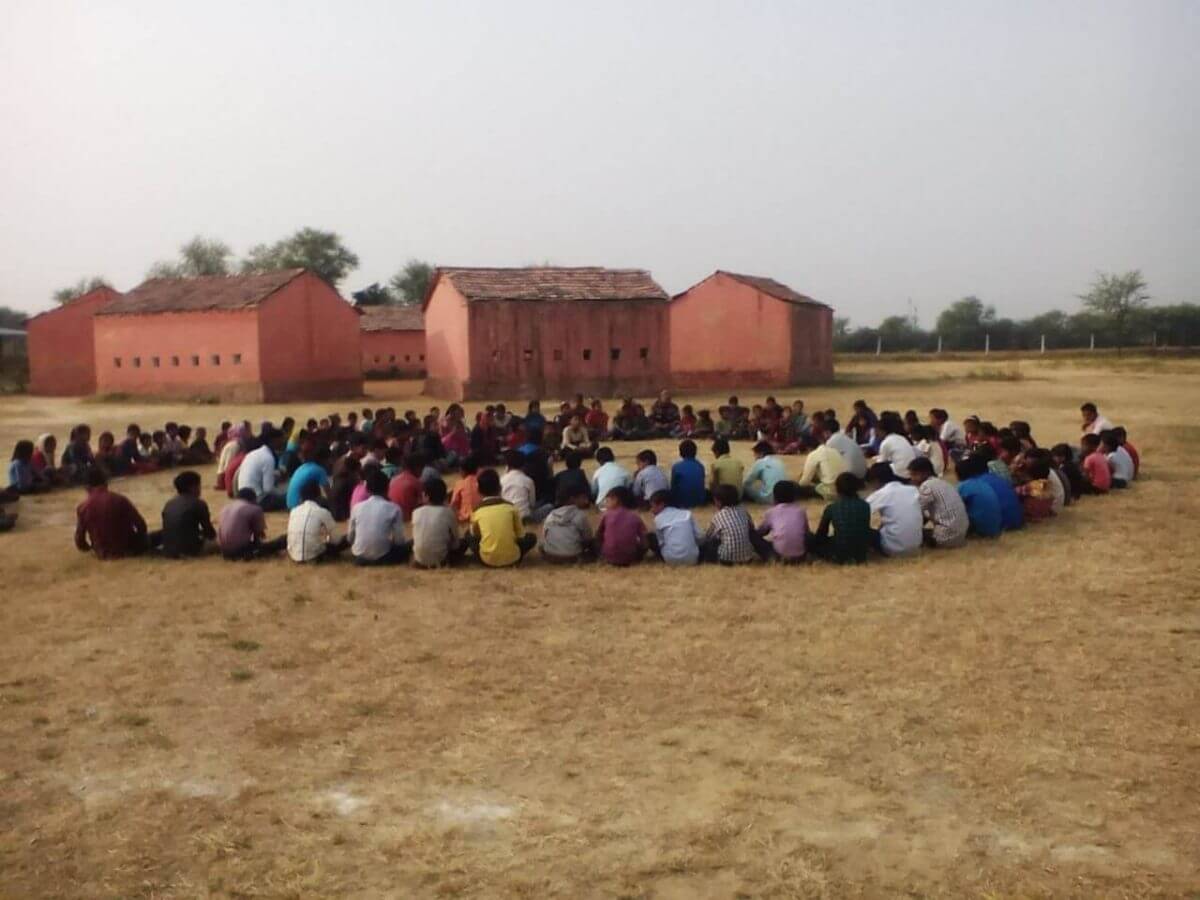
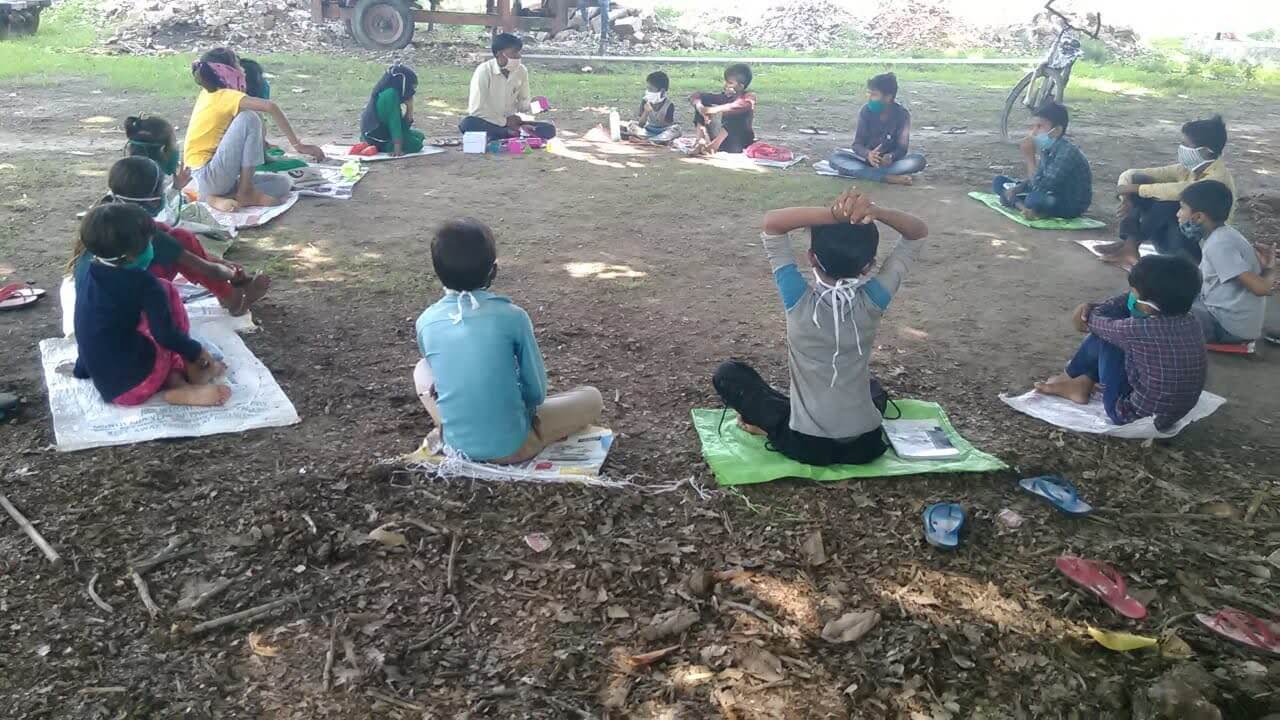
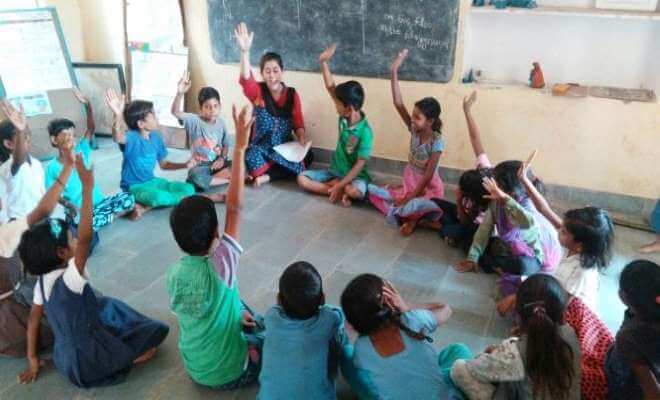
Uday-Vistaar
At the crux of GSK’s philosophy is the idea that the community must be central to all developmental programmes, and we continually strive to promote active participation, accountability and a sense of ownership within communities towards their schools and overall progress. The Uday Community Schools, an extension of the local communities, have over the years presented a new idea of education. As a ‘fishbowl’ within the region, each school has allowed surrounding communities to observe, learn and build their understanding with regard to education. Uday Schools have emerged as ‘centres’ for quality education around the Ranthambhore National Park, as both ‘laboratories’ for our work, as well as a demonstration for government schools in the area, of what we believe is quality in education. They have become spaces where children love to learn, and where teachers feel motivated and happy to teach. These are community-led schools, funded jointly by GSK, through our donors, and the community- managed by parental School Management Committees (SMCs).
They are affiliated to the Rajasthan State Education Board and serve around 400 students from pre-primary school to grade 8. Functioning on democratic principles, through promotion of an open and free dialogue-based relationship of children- with teachers and among themselves, the Uday Schools follow a unique pedagogy that is child-centric, contextual, interactive, multi-grade and multi-level, that allows children to learn at their own pace. Co-scholastic activities, such as carpentry, theatre, pottery, kitchen gardening, cooking, etc., are integrated into the regular curriculum through school clubs, and our bi-monthly children’s magazine, ‘Morange’, promotes creative expression through art and writing.
Emerging from the work at the Uday Samudayik Pathshalas is the Vistaar (to Spread) Programme. GSK began Vistaar with 14 government schools in the year 2011, which has now been extended to 70 government schools and their associated parents’ communities, in the catchment area of the three Uday Schools. Through Vistaar, we emphasized on introducing the child-centric practices and systems from Uday to the government schools, while ensuring an active participation of the parents and effective governance by the School Management Committees. Through a combination of initiatives undertaken with SMCs, children who have dropped out or are irregular and government school teachers, we help implement the two way change process of encouraging communities to demand and the school system to deliver. Over a period of time, the Uday-Vistaar model has made a significant change in the education ecosystem of Sawai Madhopur, as indicated by an external evaluation report, marked by an enhanced participation of students in co-scholastic initiatives, particularly performance in sports, commitment of parents to hold government schools accountable to promised standards of learning, teaching and infrastructure, and teachers building better relationships with students by adopting inclusive and interactive classroom practices.

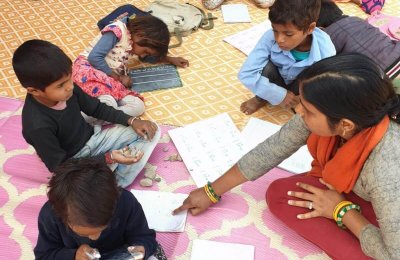
Tarang
GSK works in the early childhood care and education (ECCE) space through the pre-primary classes at Uday and collaborations with government anganwadis located around the Ranthambore National Park. We have already adopted two anganwadis in the past and worked towards their transformation into ‘adarsh’ or ‘model’ anganwadis in the district, and are now supporting the staff and ASHA workers at two more. All our ECCE endeavours are aimed at engaging young children in activities that promote psycho-social development and working with mothers, the primary caregivers, to ensure proper childhood health and nutrition. The latter is largely done through monitoring their growth using WHO-recommended growth charts, useful for detecting signs of malnutrition.
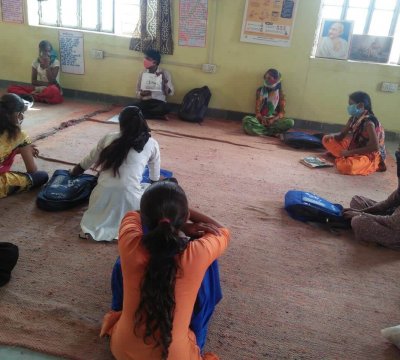
Umang
Piloted in 2016-2017 with a cohort of 29 socio-economically disadvantaged adolescent girls, the Umang Programme is aimed at enhancing their agency through academic support, digital literacy and life skills development- by providing a space for growth not available to them at home or their schools. Everyone in the first cohort graduated grade 10 and has continued their education. With most of them in college now, we continue to engage with our alumni through English and Computer learning sessions, excursions, and an open and free platform for socialising and discussions.
Our next cohorts attend daily academic and digital literacy classes, and work on life skills development either through modules developed by teachers post extensive training, or events such as the Sports Camp, Leadership Camp or excursions, aimed at helping them grow into confident, communicative, empathetic and critically-thinking young women. Currently operational in a village called Shyampura, plans to expand Umang centres to 4 more locations are underway.
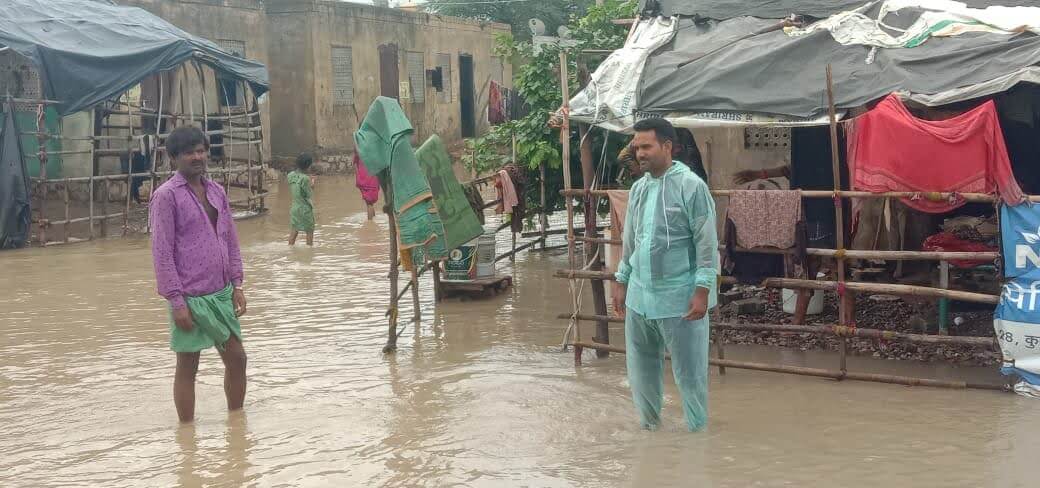
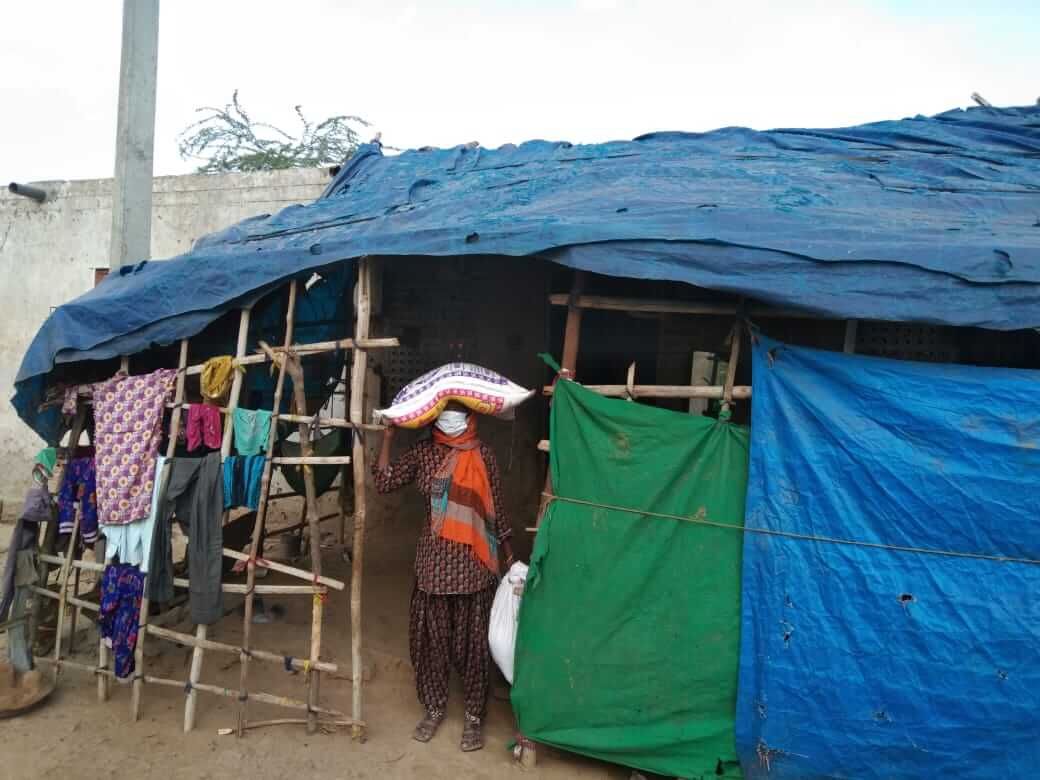
Engagement with De-Notified & Nomadic Tribes
De-notified Tribes are those communities which were notified as ‘criminal’ under the British colonial Criminal Tribes Act, 1871. After almost a century of horrors as a result of this discriminatory law, they were de-notified by the government of independent India in 1952. Criminal Tribes Act was repealed only to be replaced by the Habitual Offenders Act (applicable now to individuals, and not entire cultural groups). Caste-based stigma, however, persists. DNTs continue to be denied access to housing, healthcare, nutrition, education, livelihood, political representation, justice and lives of dignity. At present, we are engaging with five De-notified and Nomadic Tribes in and around Sawai Madhopur- Gadiya Lohar, Moghia, Bhopa, Kanjar and Bawri communities. This is primarily done through assessments to ascertain their lives and challenges, and to determine academic levels of children. The aim is to design suitable need-based programmes for the well-being and empowerment of these communities.
‘Baal-manch’ set-ups for children of the Bawri and Gadiya Lohar communities, seeking to provide these first-generation learners a structured learning environment through daily sessions, in an attempt to ease them into eventual enrolment to the teaching, playing and socialising set-ups at nearby government schools, as well as Health Camps organised for the Bhopa and Bawri communities, and digital literacy sessions for young Bhopa girls at our school in Fariya, are efforts to that end. Additionally, we had distributed ration during the 2020 national lockdown at identified vulnerable localities and seek to provide immediate short-term support in cases of medical emergencies, personal need and food insecurity..
